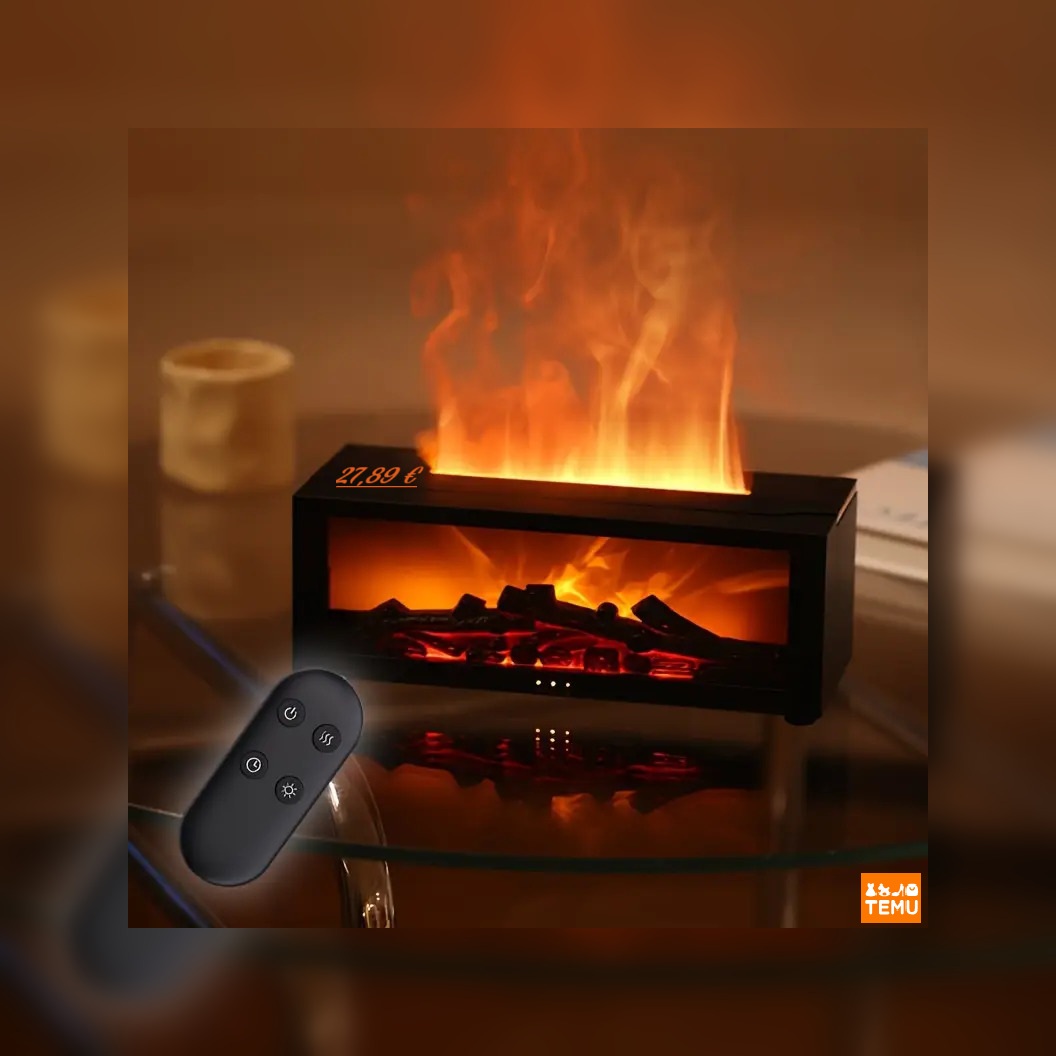PTSD reel
YOUR LINK HERE:
http://youtube.com/watch?v=ScRcFuDzVKg
Post-traumatic stress disorder (PTSD) is complex, but in a nutshell, it is the body’s response to a stressful or fear provoking event. • It causes our bodies to go into a constant state of preparation to fight something dangerous or scary. This can lead to depression, anxiety, sleep disturbance, and physical health symptoms. • Core features of a PTSD diagnosis: • 1 - Intrusion (thoughts, memories, or bodily symptoms that disrupt daily life) • 2 - Avoidance (avoiding situations, people, or places that trigger the traumatic memory or • response) • 3 - Negative mood (anxiety or depression among other symptoms) • 4 - Hyperarousal (remaining on edge and responding disproportionately to normal • stressors) • 5 - Reliving an event or having nightmares • If you think you do have PTSD, remember that you should talk to a therapist or primary care clinician first. With support, people with PTSD do get better and can find the support to continue to stay well. • If you need support while you are waiting to talk to someone and do feel you are experiencing PTSD symptoms, know that there are things you can do. Focus on what you can control, increase mindful activities, regulate sleep, nutrition, and schedule, seek connections (safely) with others rather than isolate, exercise, and seek additional help like trauma focused therapies. • 🫶 Stay safe. Stay well. • Those Nerdy Girls • Please note: If you or a loved one are in need of immediate assistance, please contact the National Suicide Prevention Lifeline at 988 OR 1-800-273-8255 (Español: 1-888-628-9454; Hearing Support: 1-800-799-4889) or the Crisis Text Line by texting HOME to 741741. In the UK, you can call 111 for non-urgent concerns or 999 if in crisis. • Click here for the full post and lots more helpful information. • https://thosenerdygirls.org/do-i-have... • @aparna.kumarvogan • #ThoseNerdyGirls #PTSD #mentalhealth #publichealth #scicomm
#############################

New on site
 Youtor
Youtor




